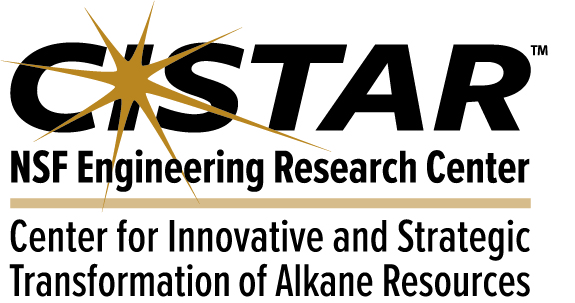Mentoring and Leadership

CISTAR is committed to excellence in mentoring and recognize that it is crucial for nurturing the next generation of engineering leaders. Our mentorship programs pair students in our summer programs with undergraduate and graduate fellows, as well as with faculty and industry professionals, to foster dynamic learning environments. We emphasize the development of leadership skills that are responsive to different situations and teams of people through targeted workshops and training sessions focusing on cultural self-awareness, empathy, and audience-focused communication with others. Our programs also include opportunities for both being a mentor and for being mentored, enhancing participants' skills in detecting and dismantling their own cognitive decision-making errors in judgment, and mentoring – or being mentored by - people from different backgrounds and disciplines. Additionally, we offer personalized coaching to further refine mentoring and leadership capabilities, ensuring continuous improvement through practical application.
CISTAR Mentor Award Winners for Faculty and Fellows
Viewing 1 to 4 of 4






